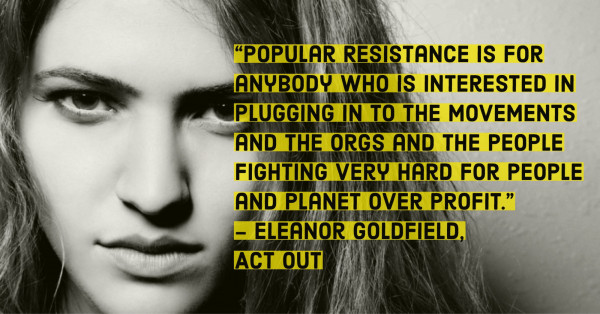A Strategy To Stop The Flow Of Our Money To Billionaires
In the United States, we are living through a time of crisis. We’re witnessing a U.S.-backed genocide as Palestinian children are being starved. Our government is disappearing immigrants and U.S. citizens alike because of the color of their skin and their willingness to speak truth to power. Millions lack basic healthcare, companies are kicking families out of their homes and most of us are paid barely enough to survive.
We’re living on the edge, terrified and traumatized.
Meanwhile, the perpetrators of this unbearable status quo — billionaires, their companies and the government structures they now control — are using our money to fund these injustices while building their fortunes.















